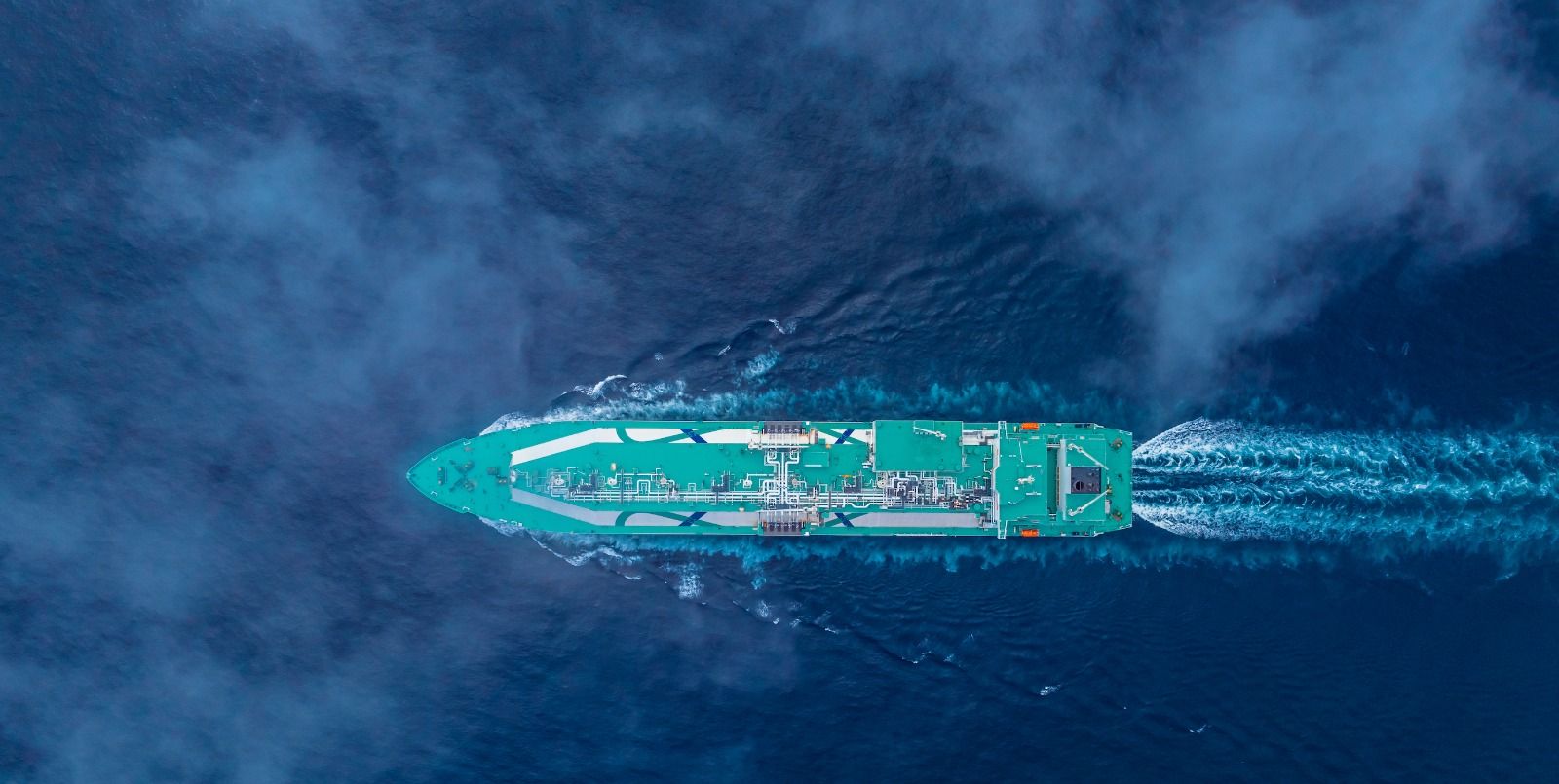Small Modular Reactors: A Promising Solution for Decarbonizing the LNG Value Chain
The Liquefied Natural Gas (LNG) industry faces a dual challenge: meeting high energy demands while simultaneously reducing its carbon footprint. This paper explores the potential of Small Modular Reactors (SMRs), including Advanced Modular Reactors (AMRs), as a transformative key technology for the LNG value chain, with a focus on liquefaction terminals and marine propulsion.
The LNG sector's energy-intensive processes, particularly in liquefaction, have traditionally relied on fossil fuels. Thus, contributing significantly to Green House Gas emissions (GHG). Recent trends show a shift towards electrification in liquefaction plants, marking a step towards cleaner operations. However, the source of this electricity remains a critical factor in achieving true decarbonization.
SMRs and AMRs emerge as a compelling solution, offering safer, more cost-effective designs and emissions-free power generation. These compact nuclear reactors can provide both electrical power and process heat, aligning well with the LNG industry's needs. The paper will analyze various SMR designs applicable to the LNG value chain, discussing their technical specifications, safety features, and potential for integration into existing and future LNG facilities.
Furthermore, the maritime shipping sector, a crucial component of the LNG supply chain, is exploring nuclear propulsion as an emissions-free alternative. LNG carriers, with their substantial power requirements and long-distance voyages, present a unique opportunity for SMR application. This study will examine the feasibility of integrating SMRs into LNG carrier designs, considering factors such as safety, security and safeguards (3S) as well regulatory frameworks, and operational efficiency.
While SMRs offer significant potential, their deployment in the LNG industry faces several challenges. The paper will address key considerations including regulatory hurdles, public perception, technological readiness, and economic viability. It will also discuss the implications for facility design, operational procedures, and workforce training.
By examining these aspects, this paper aims to provide a comprehensive overview of how SMRs could revolutionize the LNG value chain, potentially offering a pathway to substantial emissions reduction while meeting the industry's high energy and reliability demands. The findings will be of interest to LNG operators, policymakers, technology developers and key stakeholders as the industry seeks innovative solutions for sustainable growth in a low-carbon future.




)
)
)
)
)
)
)
)
)
)
)
)
)
)
)
)
)
)
)
)
)
)
)
)
)
)
)